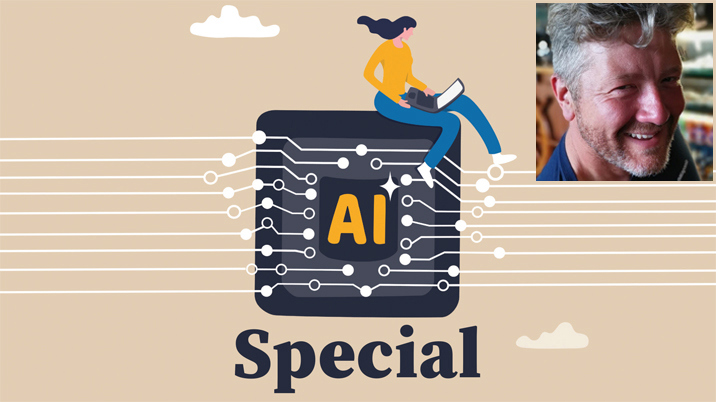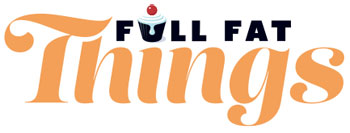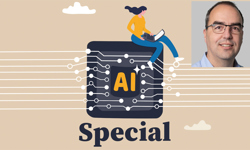
Q: What workflow efficiencies are possible now?
A: AI is already being used to put a rocket up the editorial machine with automated drafting capabilities, research and streamlined collaboration across teams and departments allowing seamless, trackable sharing of content, assets and other output.
We have unlocked content suggestion capability well beyond the classic ‘SEO tool’ to include the ability to optimise headlines, summaries or hashtags etc for different channels based on objective best-practice, which sharpens multi-channel publishing capabilities and keeps journalistic focus tightly on generating the main material thrust of their content; human assessment, story-telling and opinion.
Tone of voice detection and alignment to brands can optimise the sub-editing processes and workflows further, relying less on individual human knowledge and training and lowering the barrier to entry for quality control roles in media organisations.
There’s also an editorial stance benefit to consider, whereby AI learning of your content history can make sure you are consistent in positioning on key topics, rapidly answering the question, “what have we said about this before?”.
It can enable first-round fact-checking and error detection in grammar and typographic styles, leaving humans to assess real editorial value, impact and quality – all of the things on which an audience will judge you through either their attention or hard-earned cash.
We’ve already enabled many of our customers with global audiences to benefit from the baked-in localisation and automatic translation of content to serve new international markets with existing products, without adding expensive and laborious layers of process that have historically made multiple languages prohibitive.
And, of course, AI can automate processes and scheduling to support adherence to deadlines and either cut out or flag human error or lag easily so workflows across the business can be refined and tuned.
Some of our customers are starting to use AI insight to quickly home in on audience preferences and better figure out – with greater accuracy and efficiency – where to put their resource for maxim outcomes. This has resulted in the removing or reducing of peripheral workflows and outputs as a result, further boosting production efficiencies.
Commercially, AI can be used to analyse content on a page or site to hyper target advertising against highly relevant audiences, taking out the guesswork or testing against assumed personas / interests. We’re even enriching a customer’s CRM product with AI to supercharge and populate their highly targeted database.
Q: What will be possible in the future?
A: The immediate future will see more of the capabilities available now fully integrated into CMS and production platforms, to become ‘on tap’ for publishing teams rather than seen as external, supportive technology. They will become part of workflows, not replacing operations but significantly speeding them up in some cases and in others, supporting additional output and insight-driven focus.
The more a publisher’s content and archive is ingested to train output, the more powerful it will become as a native, reliable toolset. For example, sub editing as a service – proposing most of the changes to a sub editor in real time. Similarly image selection as a service – proposing or creating the images required in real time.
It will make your junior staff seem like they have far more experience as they pick up the processes that your senior staff currently undertake. This is less about AI and more about being able to bake in process and talent into systems; and to take the heavy-lifting away.
Look to AI to enrich human processes. Think of it as the P-5000 Powered Work Loader that Sigourney Weaver uses at the end of Alien to get rid of that nasty thing.
We see more opportunities for integration across functions and platforms using AI, knitting together editorial, production and advertising workflows meaning fewer silos and greater transparency for all.
Insights into user engagement will supercharge delivery opportunities enabling workflow focus and efficiencies where it matters most.
We strongly feel that AI doesn’t reduce headcount; rather it supports a greater volume, higher quality of output with laser-focused relevance to audience. We do expect that salary bills will come down as ‘historical knowledge’ of an organisation declines in value and more junior team members can oversee some functions effectively with the support of AI. Some of the savings will go towards further AI services to grow the ability of your staff, empower and accelerate them.
Three top tips
- Put the tools in the hands of those who do the jobs now and encourage – no, PUSH, usage until it becomes habitual. AI can make life easier, faster and more efficient, sure, but it’s also an opportunity to upskill and keep up with a new normal. We’ve seen loads of examples of where new technology has been ignored or mistrusted, almost always to the detriment of the business.
- Remember that AI is a very well-schooled plonker who knows things but doesn’t always get the context. Your humans are still the heart of your business, AI is just another set of tools to help them beat stronger.
- Start today. Worry tomorrow.
Stewart and the other contributors to our AI Special took part in an ‘AI Special – Q&A’ webinar on Wednesday, 26 June. You can watch the recording by registering here.

About us
With a combined experience of over 80 years in the publishing industry, Full Fat Things works with B2B and B2C publishing businesses to develop sustainable digital products with deep integrations with infrastructure and workflows. We create fully customised outcomes using open-source software to enable ultimate flexibility now and in the future.
Tel: 020 7099 3875
Email: info@fullfatthings.com
Website: www.fullfatthings.com
This article was included in the AI Special, published by InPublishing in June 2024. Click here to see the other articles in this special feature.










